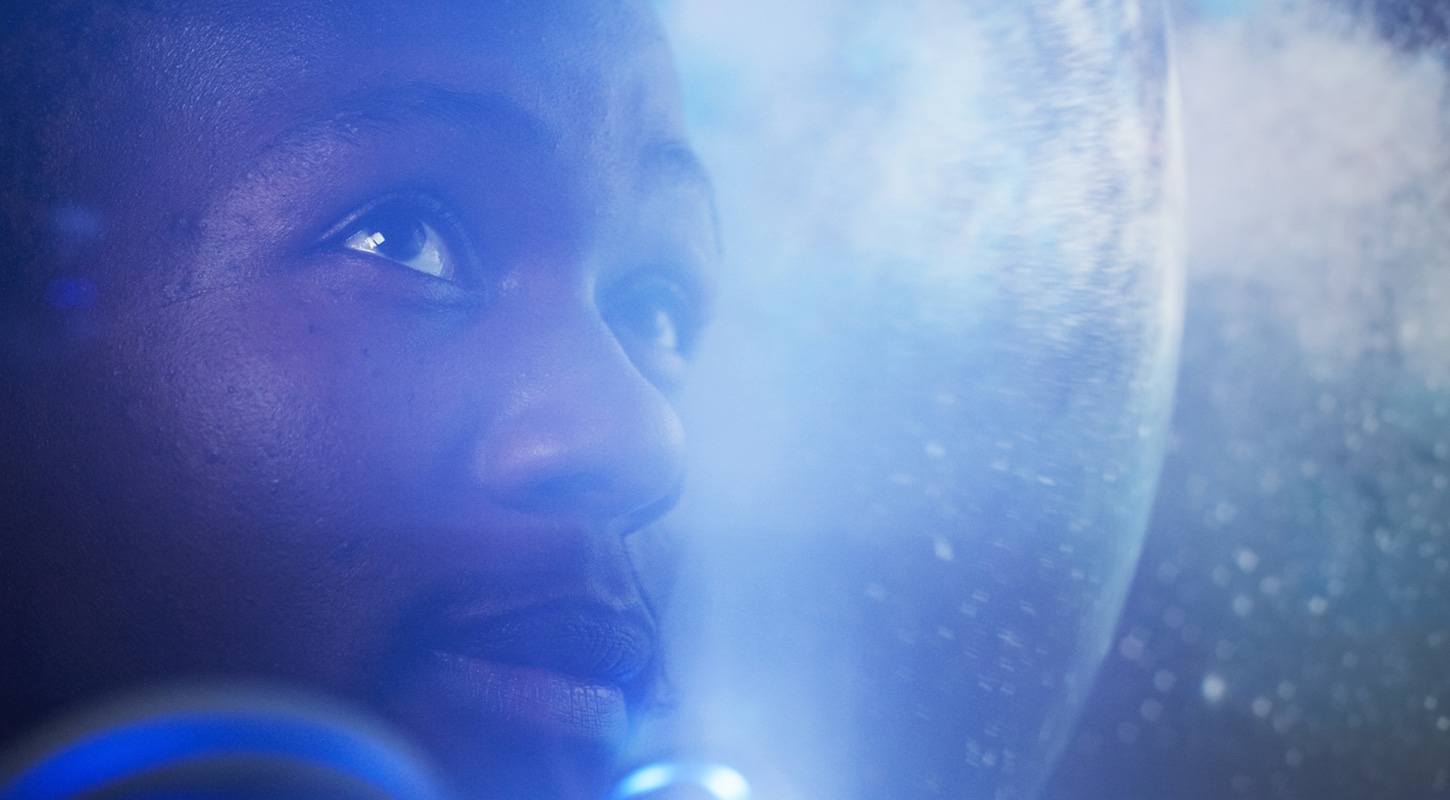This Franciscan Spirit blog series explores how study and theology impact the lived experience of faith. St. Francis of Assisi was known to caution his brothers from owning books, emphasizing lifestyle over the study of theology. He believed that while knowledge “puffs up,” charity “builds up.” Early in 1222, however, Francis granted permission to St. Anthony of Padua to teach theology. Wrote Francis to Anthony: “It pleases me that you should teach sacred theology to the brothers as long as–in the words of the rule–you ‘do not extinguish the spirit of prayer and devotion with study of this kind.’” This series explores this tension and potential. What does study and theology look like from a Franciscan perspective?
My wife and I have a tradition of getting each other a Christmas ornament each year. One of the first she got for me was a space shuttle since she sometimes called me “spaceman.” She had already realized that I would often blast off toward the planets of my mind before I had a chance at coming home again—to my heart.
Maybe it was a wound, a crack in the earth, that sent me building shuttles. One too many humiliations of the heart, perhaps. Cascading emotions that carried me to the rocky shorelines of rejection. But at some point I began to find a contentment in pursuing knowledge, in burying myself in books, in bingeing podcasts, in isolation, in the comforts of orbit.
Perhaps the most valuable lesson I’ve learned as an astronaut is the dangers of learning itself. The pursuit of knowledge can easily lead to a sense of arrogance or “rightness.” This plays out societally as well. In my own study of theology, I’ve experienced the addictive rush of certainty, of believing that I have the answers. God can be one heck of a drug. Simply put, if the study of theology leads to judgment or arrogance, then it is not Christian theology, which is fundamentally anchored in God’s humility. As Sr. Ilia Delio, OSF, said in a recent interview for Franciscan Media’s Off the Page Podcast, “Love goes further than knowledge…We simply never got that into our bloodstream, certainly in the West…We are fixated on knowledge and the perfection of knowledge and the mind—how many degrees you have and where you went to school and how many things you’ve studied and how many books you’ve written. Who cares?”
“Love goes further than knowledge…We simply never got that into our bloodstream, certainly in the West.”
-Ilia Delio, Off the Page
That is quite the quote from someone who holds the Josephine C. Connelly Endowed Chair in Theology at Villanova University and has written over twenty books.
Franciscan wisdom (as well as several eastern spiritual practices) inspires the integration of head and heart. Francis had a seeming allergy to books and to learning—he brilliantly intuited how knowledge could hijack the ego. He was known to quote 1 Corinthians 8:1—knowledge puffs up, charity builds up. I envy St. Francis of Assisi and those like him—those whose hearts guide their spirituality, as they are present to God in the world, sensing the distracting nature of ideas and doctrine and debate, for there is always someone else to love and to serve, always something else in the world stirring their heart to gaze. What’s the point of theology or philosophy or political theory when God is always before them?
But there is also an opportunity in space travel, I think, I hope, for the mind can also make way for the heart, as the wonder and beauty and mystery of space stir the heart to praise. For spacemen and spacewomen, a more relatable figure in the Franciscan tradition might be Bonaventura de Balneoregio (1221-1274), known as St. Bonaventure, who formulated a theological framework and metaphysics based on Francis’ lived gospel experience. Bonaventure was brilliant, complex, certainly more “heady” than Francis. He was a scholastic who was “of the institution.” But he reminds us that the mind is not the antithesis of the heart just because some get stuck up there in space. Traveling through the cosmos, in fact, can and ought to stir the heart to wonder and beauty.
A core component of my capstone project for my degree in Franciscan theology was Bonaventure’s “coincidence of opposites” in his Trinitarian metaphysics. Heart-centered readers are perhaps already rolling their eyes. But in this example is a model for astronauts to become grounded again. As I studied and struggled to wrap my head around this complex theme in his writing, I became more dizzied and disoriented, until I finally realized that for Bonaventure that was the point. Theological study, for Bonaventure, sent him spiraling into contemplation which makes way for the mind’s mystical ascent to God, or, we might say, our descent back to the heart.
The wonderful thing about being an astronaut is that you learn a lot about yourself while up in orbit, as well as the universe in which you belong. Your perspective expands as you dare explore new realms, which, ironically, is not in the stars and planets above but rather in the ever-expanding universe of the heart. That is, when you live out what you’ve learned.


